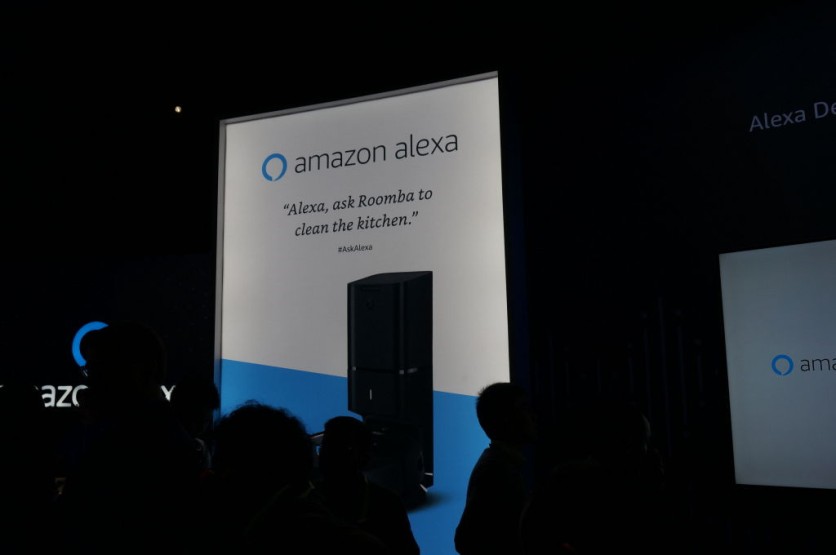Amazon has been updating Alexa with generative AI, impacting its voice sounds and functions across Echo devices. Some of the recent updates include abilities to continue conversations seamlessly, adapt to user preferences, handle follow-up questions, and even provide opinions.

Updating Alexa With Generative AI
Amazon is set to revamp its voice assistant, Alexa, with a significant update that ushers generative AI into households. This transformation entails various changes to both Alexa's functionality and voice.
Unveiled during a press event at Amazon's new Arlington, Virginia campus, CNN reported that this update extends to all Echo devices dating back to 2014.
Among the enhancements, Alexa will be capable of resuming conversations seamlessly, without requiring a wake word, resulting in quicker responses.
Furthermore, the voice assistant will be able to adapt to user preferences, handle follow-up questions effectively, and adjust its tone according to the conversation's context.
Most notably, Alexa will express opinions on various topics, such as which movies deserved an Oscar but were overlooked. An Amazon executive said it was like talking to a human being.
Amazon is rolling out these updates as it strives to stay on par with the emerging conversational AI tools, which are intensifying the competition in the tech industry. These enhancements are swiftly reshaping consumer expectations of tech products.
However, Amazon has not disclosed a specific timeline for integrating these updates into their products.
Read Also : Amazon's 'Just Walk Out' Cashierless Retail Technology Adds RFID Capability for Quicker Checkout
Alexa Communicating Normally
During a live demonstration, Dave Limp, Senior VP of Devices and Services at Amazon, showcased Alexa's advanced capabilities. He inquired about his preferred college football team without mentioning its name, relying on Alexa's ability to remember his previous input.
Depending on whether his favorite team won or lost, Alexa responded with either enthusiasm or empathy, showcasing its enhanced conversational skills. By uttering the phrase "Alexa, let's chat," Limp initiated a unique mode that facilitated a dynamic back-and-forth conversation on various subjects.
Significantly, during the interaction, Limp intermittently paused to engage with the audience, seamlessly resuming the conversation with Alexa without the need for the "Alexa" wake word, demonstrating the fluidity of their exchange.
The Verge reported that Limp clarified that the freshly developed Alexa LLM is a highly tailored large language model specifically optimized for the Alexa ecosystem, distinguishing it from other models like Bard or ChatGPT.
However, Amazon's introduction of this new Alexa isn't an instantaneous, widespread launch for all users. Instead, the company is adopting a gradual approach, planning to introduce it through a preview program in the United States in the upcoming months.
This measured strategy reflects lessons learned from past experiences, ensuring a cautious and considered rollout, in contrast to the missteps of Microsoft and Google.
At the same event, TechCrunch reported that the company unveiled an innovative Alexa feature designed to assist individuals with mobility or speech impairments.
Set to debut later this year on the recently launched Fire Max 11 Tablet, this groundbreaking feature, known as "Eye Gaze on Alexa," represents Amazon's inaugural foray into eye-tracking technology for its devices.
Tailored for users who may have difficulty with physical interaction or vocal commands, this eye-tracking capability detects a user's presence and tracks their gaze in real time.

ⓒ 2025 TECHTIMES.com All rights reserved. Do not reproduce without permission.




